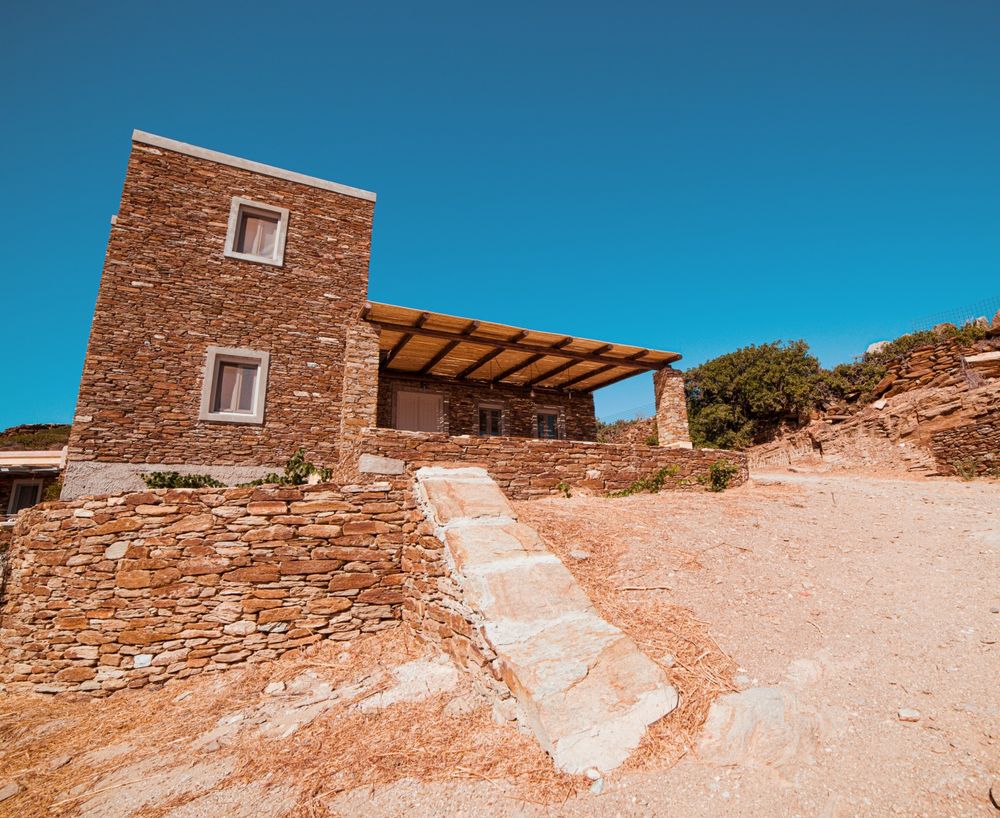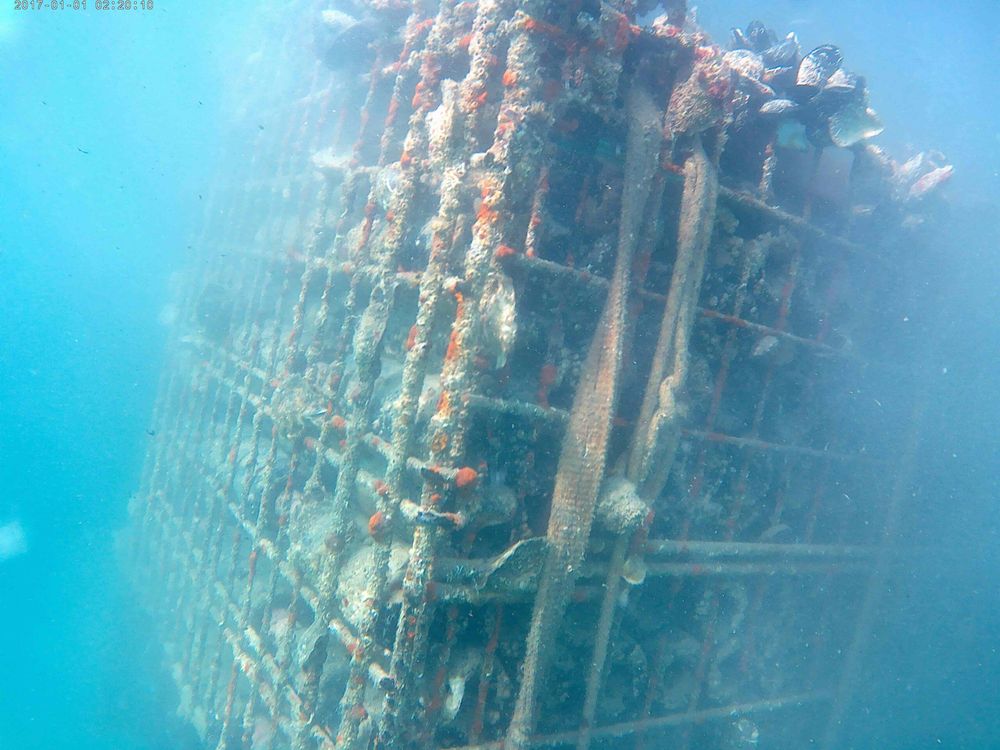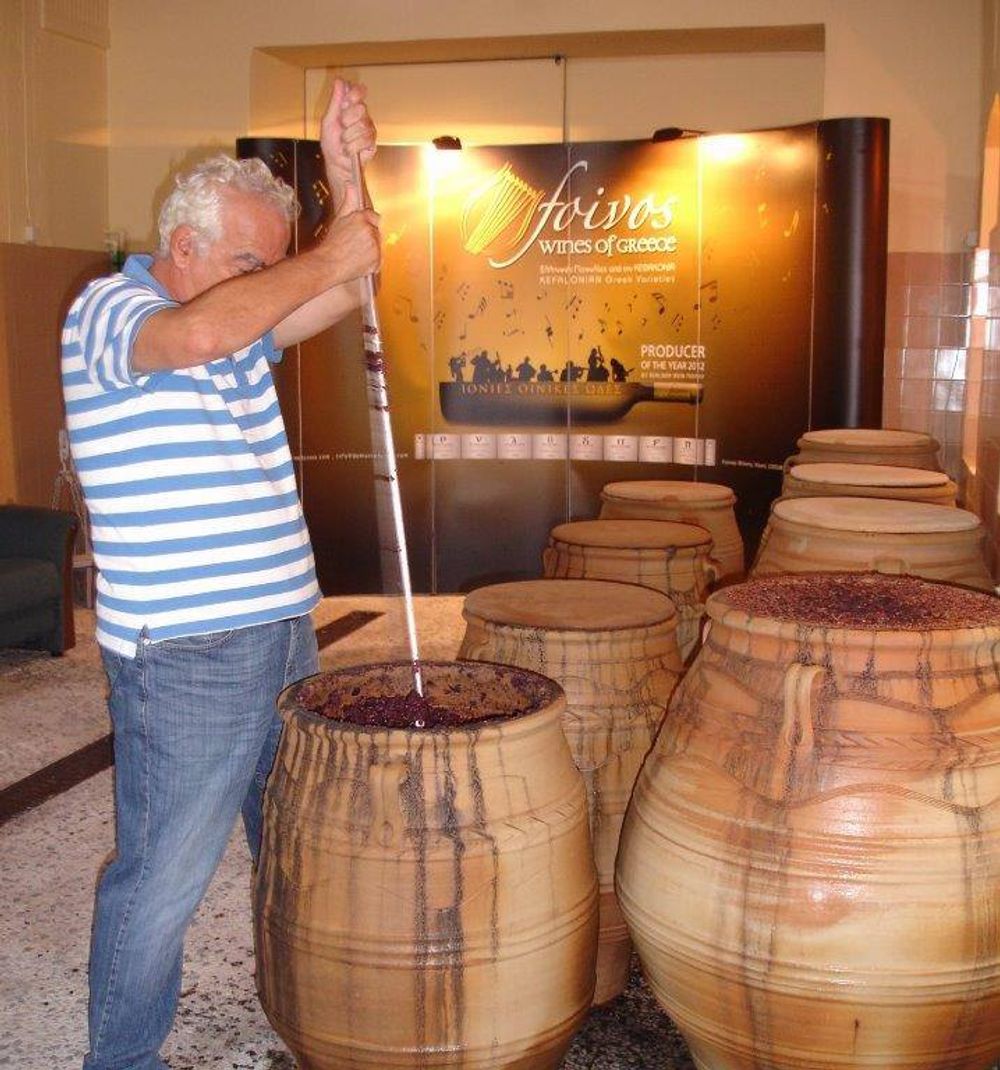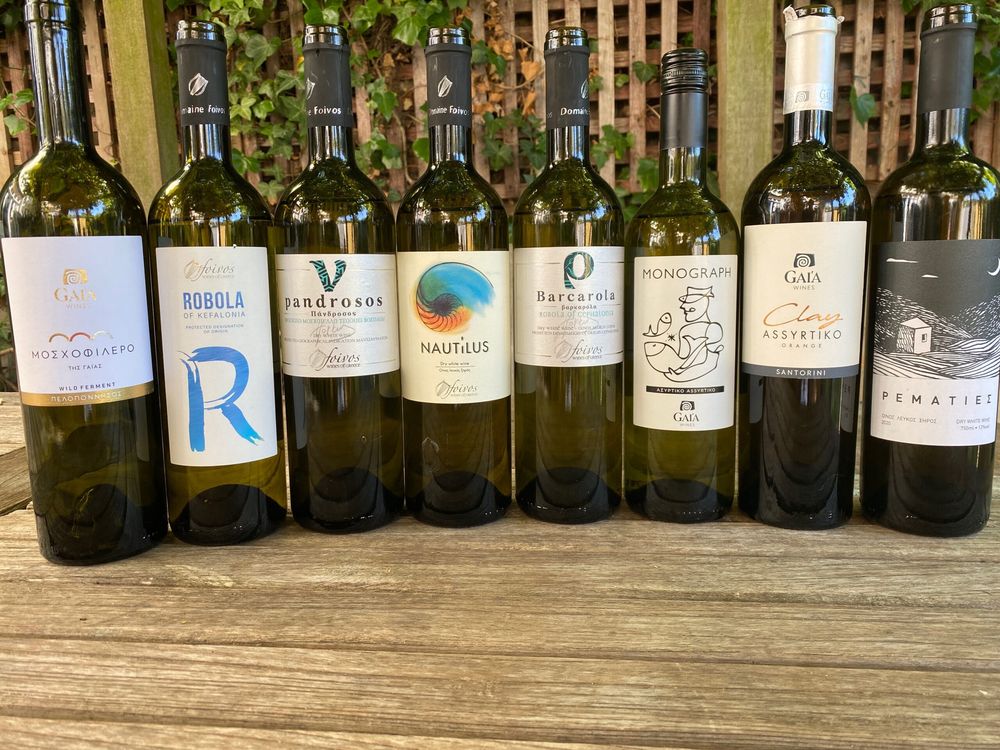“There are some great Retsinas available and, like orange and natural wines, they offer a unique style of wine and should be offered the same respect that the Qvevri wines from Georgia receive,” says Daniel.

Steve Daniel
How are you, and how have you been in the past 15 months?
I am fine thank you. I got COVID very early on in March 2020 – I totally lost my sense of smell and taste, which, as a wine buyer, was less than ideal. This and a headache from hell were my only symptoms. Luckily my sense of smell and taste came back!
I still have some issues with the smell of coffee, and Sauvignon Blanc is sweatier than it was before, but everything else is fine now. I have also developed tinnitus – all common Long COVID symptoms.
It is a nasty, insidious virus. I was very lucky.
How has your work been affected with Lockdowns and travel restrictions?
I obviously have not been able to travel which has curtailed my ability to dig out more unknown gems. And it has also stopped me visiting some of our partner suppliers and blending our wines in their wineries. I have had to taste everything in the UK which is not perfect for me or the suppliers.
How has Brexit affected the import of Greek wine?
Brexit has affected all imports; it is harder and more expensive for us and the producers. The whole process is more complicated and takes far longer.

Ios Winery – garagistas influenced by Haridimos Hatzidakis
Talk us through the thinking behind these new additions to your Greek portfolio – why these two islands, and winemakers in particular?
I love island wines. Greece’s islands are rediscovering their winemaking heritage. And every Greek island has a different character and soul, and their wines reflect this. I want to continue adding more wines from Greece and its islands.
Kefalonia has a developed wine offering – great indigenous grapes and magnificent limestone terroir. There are a number of excellent winemakers there creating great wine in many different styles. I really think it could be the next Santorini in a few years.
I can easily see us offering more than one producer. I have followed the wines from Domaine Foivos for a few years and have seen them improving every year. They have a varied offering, not just Robola and are experimenting with winemaking and ageing techniques. And they are available to work with us exclusively.
Ios Winery I actually found on holiday last year. One of my best friends lives on Ios and he took me to the winery, which is tiny. A real garage setup. Angelos and Alexandros Delis are young engineers. They grow vines, make wine and have other jobs. They spent a lot of their childhood on neighbouring Santorini where they worked with Haridimos Hatzidakis who has been a huge influence. I did not know this when I was tasting with them, then I told Angelos and Alexandros the wines reminded me of some of Hari’s single vineyard wines.
They are great wines from schistous soils and they only make around 100 cases of each. I just had to have some. So very serendipitous. No forward thought. And now we are their first ever exports.

Domaine Foivos ages its Nautilus wines in the sea
Given the vast array of grape varieties, styles, regions and winemakers – how do you narrow these down when deciding to add half a dozen new wines to the portfolio?
I find it very difficult. I would happily have a range of Greek wines that is at least twice the size of our current offering. However we have to manage the process to meet the demand and COVID has not helped. I look for winemakers working with local varieties and that have a story to tell, which proves to be quite difficult as there are so many talented winemakers making great wines in Greece at the moment.
I also like to work on an exclusive basis when possible. It is always nice to introduce a new winery to the UK but I am not averse to offering something that has been here before. Above all, the wine just has to be good.
Generally speaking, what is it that you particularly love about Greek wine?
I like their energy. The wines, particularly the whites have freshness, acidity, minerality and length of flavour. They taste alive. Greece has a great combination of talented winemakers, modern wineries, indigenous grapes and great terroir.
Do other Mediterranean wines not come close?
There are some great Mediterranean wines but they do not consistently thrill me like Greek wines.
You are well known for championing Greek wine (back to your Oddbins days) – how has winemaking in Greece changed since that time?
The winemaking is far more skilled and confident now than ever before. Winemakers are forging their own unique styles and are working hard in their vineyards to ensure the wines can compete on a world stage.
Are the wines getting better do you think?
Absolutely. Every year!
Why is it now that the wines there have particularly started to attract greater interest from UK consumers?
UK consumers are increasingly getting bored with the usual grape varieties! The classic regions of France are getting so much more expensive and global warming is having an impact on the classic styles. This is making it harder to get the steely Chablis or vibrant, aromatic Sancerre that consumers demand. Whereas Greece gives you fresh wines that offer character and value.

Foivos Winery – amphora is just one of the many ‘alternative’ formats
What have been the sticking points to date and how have you overcome those?
There have been many… A historic view of bad Retsina and oxidised jug wine served up to tourists in the 70s and 80s, unpronounceable grape names, no entry-level wines to lead the charge. France, Italy Spain, Portugal all have these. Greece does not.
How did I overcome this? Never giving up – 25 years and counting – as well as working with great, understanding wineries. I have also been grateful for the many wine journalists and switched-on, courageous sommeliers who have always been massively supportive of Greek wines. It is important to get as many of these interested parties out to Greece and really experience what is going on there. These people look at pure quality of the wine, not the geography or reputation.
It has also been a relief to be working alongside other importers who believe in the quality of Greek wines. It is nice not to be the lone voice!
In terms of category – which are the most popular Greek wines (white, red, rosé, sparkling?) and also what does the future hold for orange and ‘natural’ Greek wine?
Greek whites are the torch bearers. Santorini started the process but the prices are now quite high, so as a result, Assyrtiko from other regions is now doing well. Mainly from the north of Greece, Malagousia – thanks to the hard work of Evangelos Gerovassiliou– is growing in popularity, as are many other varieties and regions. As I said before, the islands are very interesting and well worth keeping an eye on. Crete is a prime example of this, where they make white wines at great prices.
There are also more and more winemakers producing natural and orange wines, and they offer an interesting and valuable niche.
Will we ever get to love Retsina or do you think that ship has sailed?
There are some great Retsinas available and, like orange and natural wines, they offer a unique style of wine and should be offered the same respect that the Qvevri wines from Georgia receive.

The new additions to the Hallgarten Greek range






























